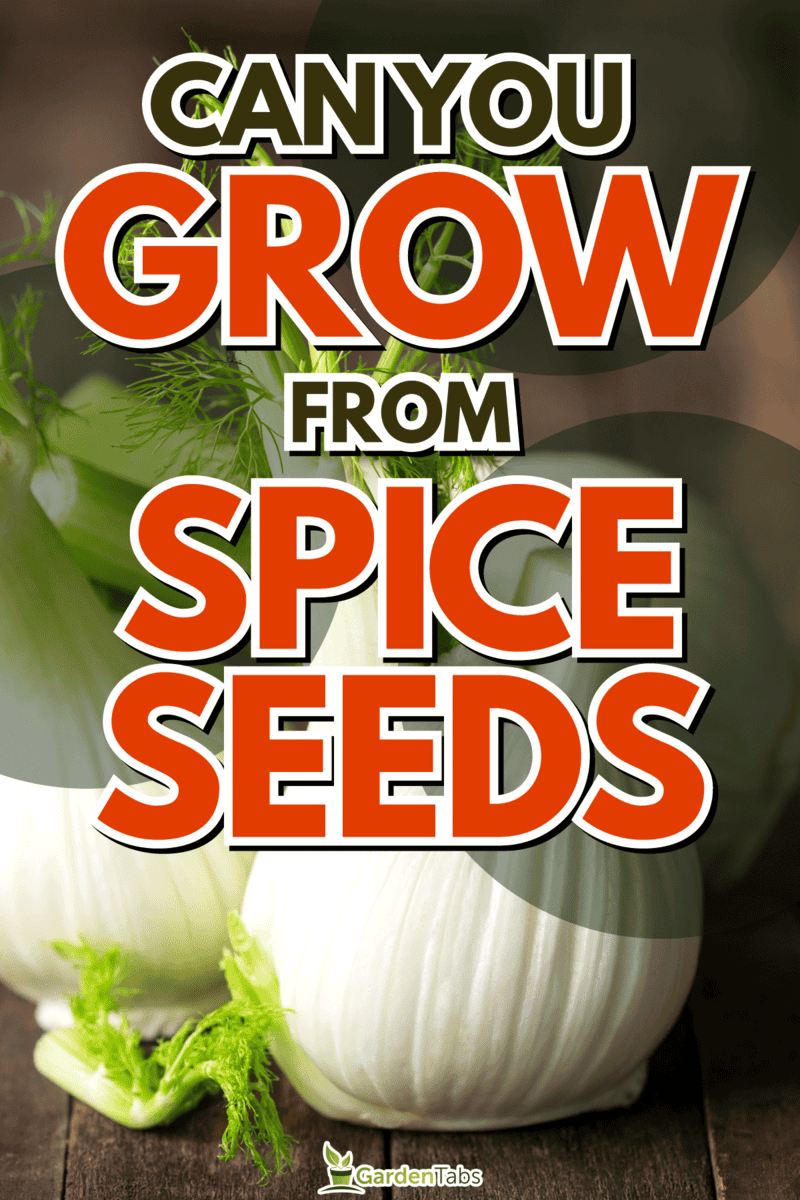If you're into sausages, cheese spreads, and artisanal bread, you've probably tasted and loved the flavor of fennel. Looking at your spice rack, you've probably wondered if there was a distinct possibility of growing these tiny yet very delicious fennel seeds into actual plants. Fortunately, we have all the answers to your questions about growing fennel from spice seeds.
Fennel plants can actually be grown from whole seeds that you can find on your spice rack. Of course, certain conditions might affect the seeds' germination, but some people have successfully grown fennel by planting it straight from the spice jar.
Many possibilities can happen when you plant fennel seeds from your spice rack. In this post, we will be sharing with you tips on how you can actually grow fennel from spice seeds. We also have some tips and tricks on how you can grow fennel using other alternatives, like fennel scraps from cooking, so keep reading to learn more!
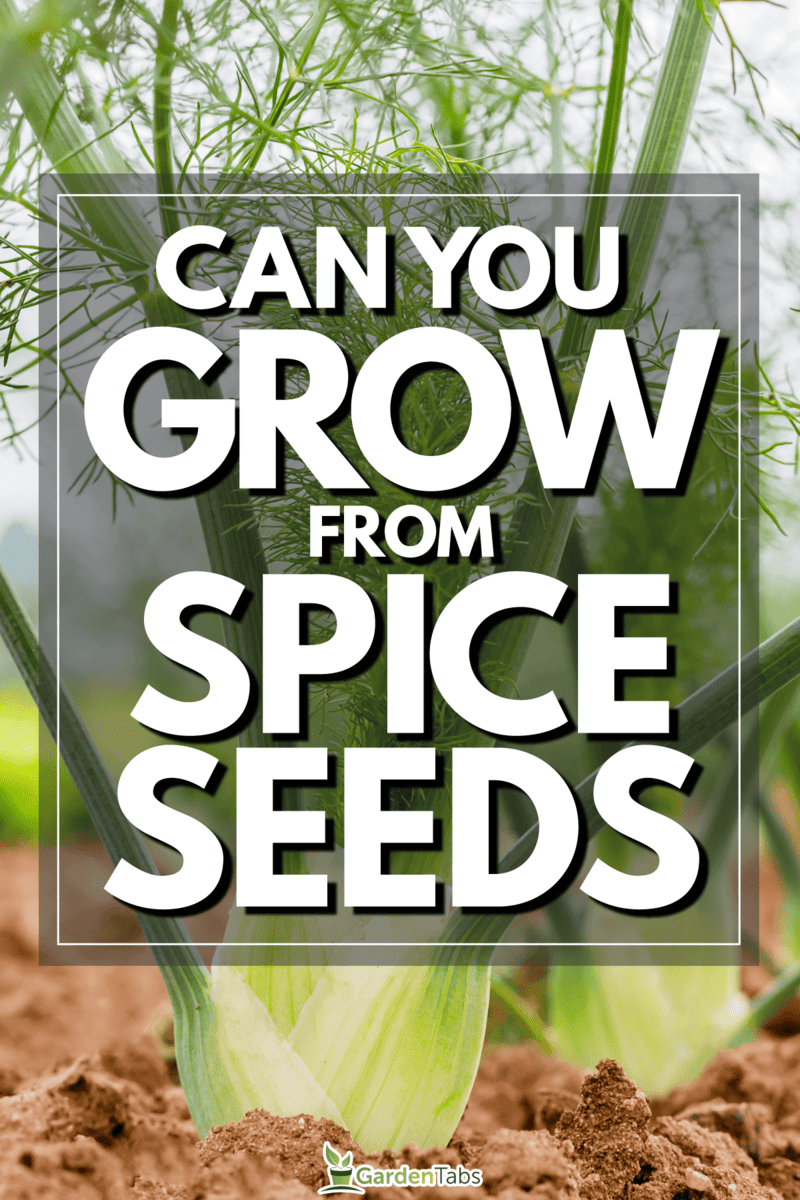
Can You Grow Fennel From Spice Seeds?
Spices are great additions to any cooking, as they can completely change the flavor of your dish. Most of them can come in different forms, from powdered spices to dried spice seeds. These flavors can elevate your food to the next level, and sometimes people do wonder if they can get these spices to grow in their garden.
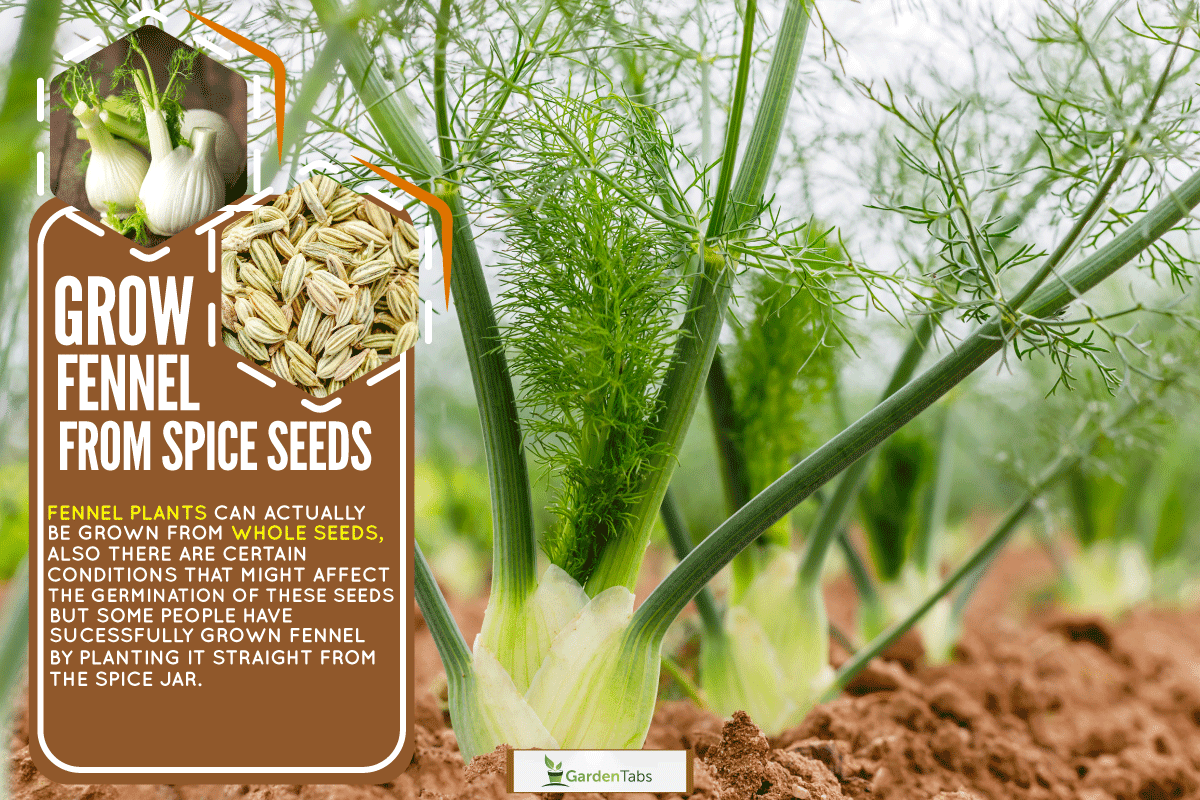
If you've ever tried to check your spice racks, you'll probably see some of them come from whole seeds. Some of these spices are:
- mustard seeds,
- cumin seeds,
- celery seeds,
- caraway seeds,
- and fennel seeds.
Fennel, in particular, is also a great flavor booster if used fresh on food like salads or stews.
For people who really love fennel, growing them in the garden is definitely an advantage because they'll never run out of this sweet, licorice-tasting vegetable. The spice seeds are great as a seasoning and as an added spice to bread, while the fresh vegetable adds a beautiful flavor to the dish you are adding them to.
Technically speaking, you can grow fennel from the seeds you find in the spice rack at home. However, it is good to keep in mind that these spices might undergo a process for preservation, which can hamper the seed's ability to germinate. There is also the issue of age—some spice seeds are too old for them to germinate when planted properly.
If you really want to grow fennel from seeds, the best choice would still be to get fresh seeds from your local garden center. These seeds will surely grow into sprightly seedlings in no time, without the hassle of figuring out if they will grow or not.
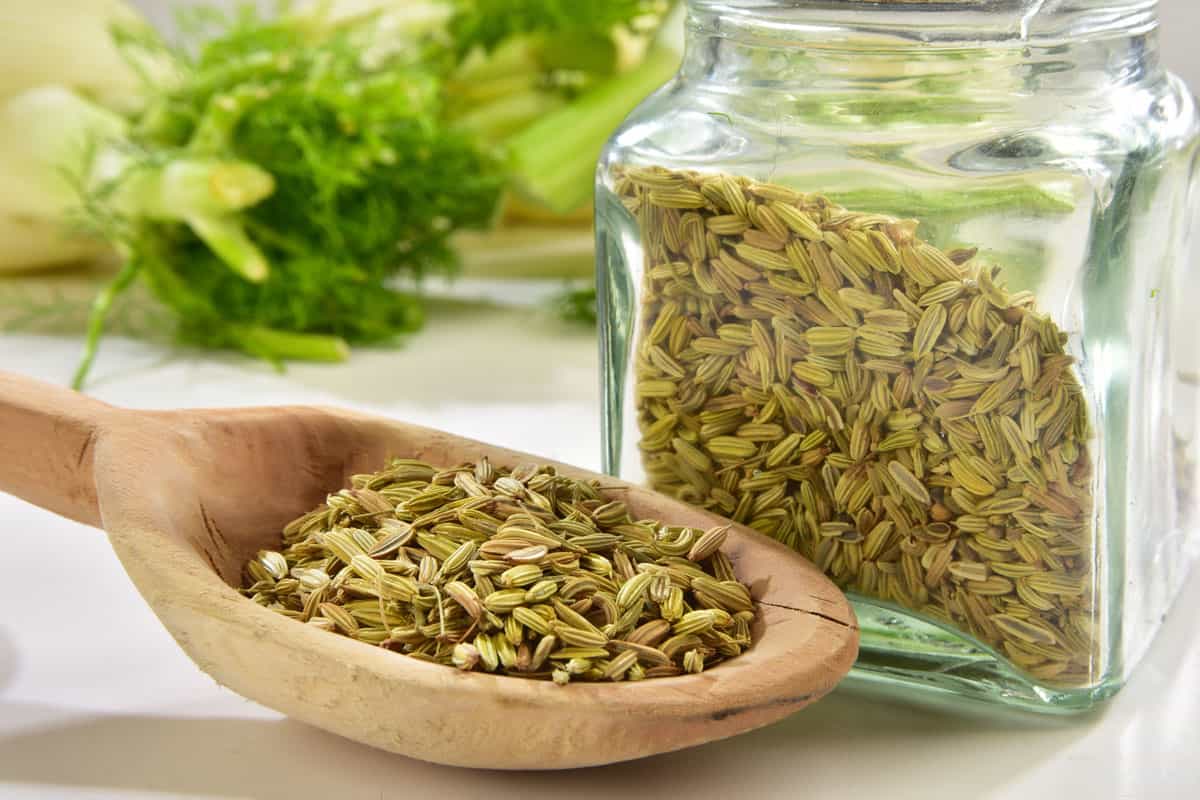
How To Grow Fennel From Spice Seeds
Before you start sprinkling your spice bottle over a pot of soil, it's important to do a seed viability test on them to check if they will indeed germinate. This process is very easy to do, and there will be less wastage of seeds.
You can at least cook with them if they are not viable for germination. So, try to do this before attempting to plant fennel.
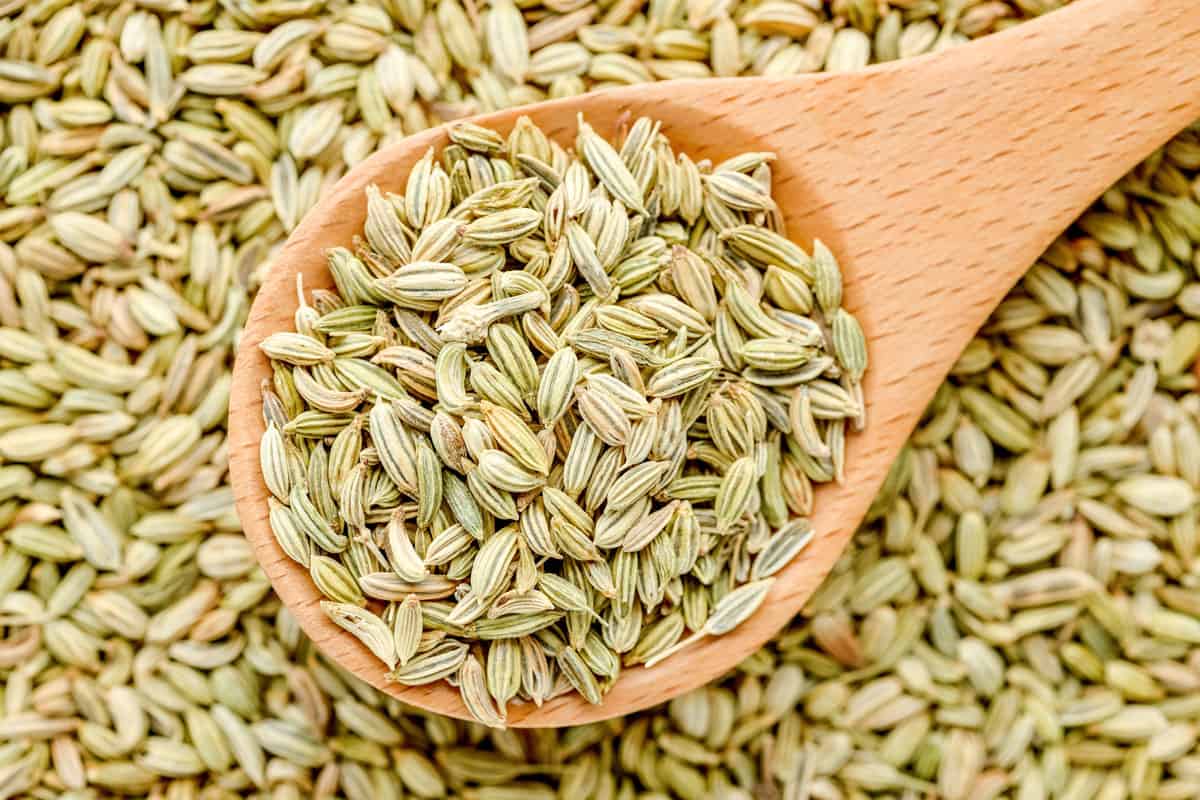
Materials Needed:
- Paper towels
- Resealable plastic bag or container
- Water
Instructions:
- Moisten the paper towel with just enough water to get it damp. Make sure it is not sopping wet.
- Place the seeds on the damp paper towel and fold it in half. The paper towel should completely cover all the seeds.
- Put the paper towel inside the plastic bag or container and seal it properly. This will prevent the seeds from becoming dry.
- Place the resealable bag with the seeds in a comfortably warm location. A place with a temperature of about 70°F will be ideal for these seeds.
- Leave the seeds and wait for about a week. During this time, most seeds have started to germinate, so you should be able to plant them in the soil to grow. If there are still no signs of germination, you can wait up to 10 days to see if there are any changes. If there is none, the seeds are not viable for planting.
See this process in action in the video below:
Planting Sprouted Seeds:
After checking the viability of the seeds, you should be able to grow them by planting the sprouted seeds in some seed starter pots and potting mix. It's as simple as preparing the potting mix inside the pots by moistening them and then allowing the soil to soak up moisture for the new seed.
Make a small hole in the potting mix and carefully plant the germinated seed by planting the entire root in the soil. Leave the tiny bud of leaves on top of the soil. Spritz the soil with a little water, and you now have a new fennel seedling that will soon grow big to be replanted in a bigger pot.
Is Fennel Regrowable From Scraps?
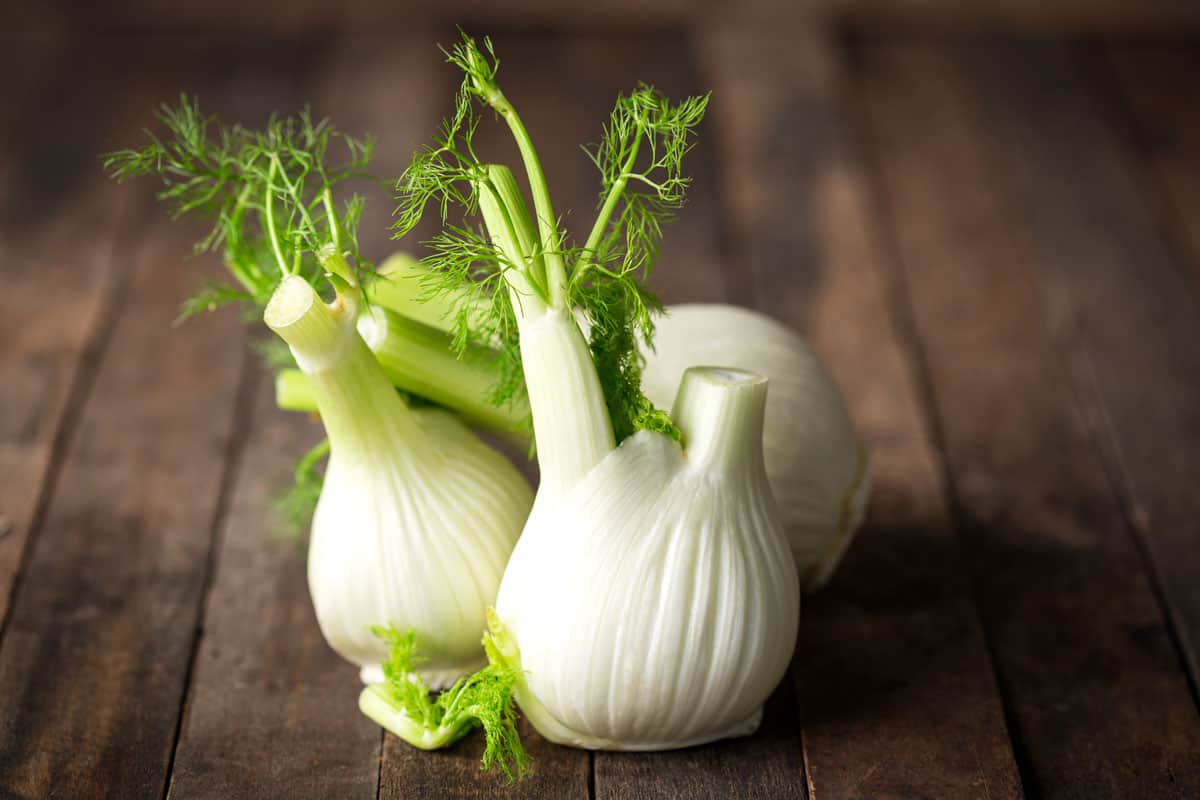
Aside from growing fennel from spice seeds, some people wonder if they can regrow fennel from the scraps they get after cooking. The answer to this question is yes, you can definitely regrow the fennel from these kitchen scraps. This can be a better option for some because fennel seeds are quite slow to germinate, and it takes a while to plant sprouted seeds.
When you get fennel from the grocery store, pick a fennel bulb that has a cleanly cut base. If it still has tiny roots still connected to it, that would be the better choice. Slice the fennel just above the base, leaving a bit of the bulb intact.
In a shallow dish, place the fennel base side down and add water to submerge the underside of the base. Leave it to sit on a sunny windowsill and change the water every couple of days to prevent the fennel bulb from rotting or getting mold.
After a few days, you will notice that the base of the fennel will have new roots that will continue to grow as long as you keep them in water. If you wish, you can keep your fennel growing in water by moving it to a bigger jar to allow the roots to flourish. The fennel can be harvested and grown in this manner without any problems.
Alternatively, you can also plant bulbs in soil. When the roots are bigger and stronger, move the bulbs to a deep container that has well-draining soil and keep it well moistened.
How To Care For Fennel
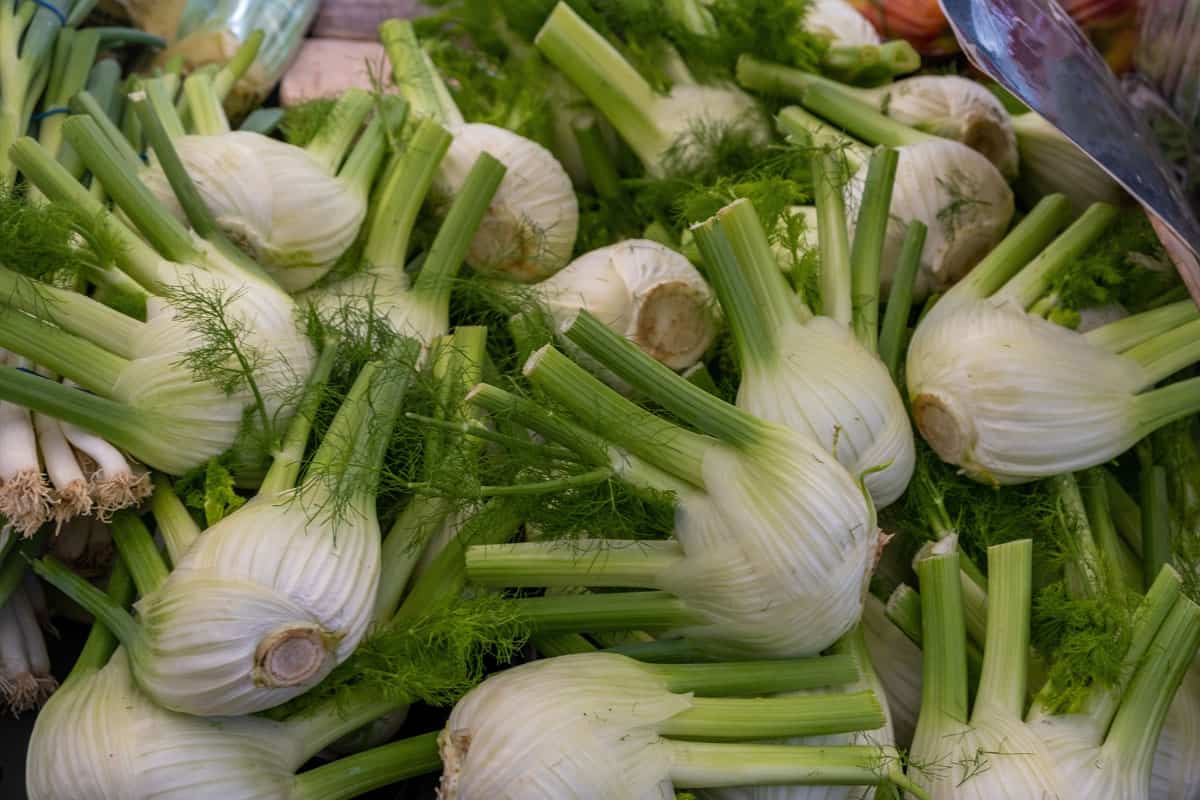
After planting your fennel, it is time to care for them so that they'll give you both herbs and vegetables for cooking. There are many different considerations for growing fennel, so check out these care tips to keep them healthy.
Light
Fennel loves the sun. Make sure to put your new fennel plants in a location that receives full sun, or at least six hours of direct sun every day. Shaded locations can make the fennel leaves look sad and limp, and they look droopy and floppy without light.
Soil
Make sure that the fennel plants' soil is well-draining and moist. This vegetable prefers soil that has a slightly acidic pH, and it does even better if the soil is fertile with nutrients.
Water
Fennel likes water, but it will not appreciate being waterlogged. Keep the soil moist enough without it being too soggy, as it can cause the fennel bulbs to rot. Make sure to water the fennel plants if the soil is dry about an inch down from the surface.
Temperature and Humidity
Fennel is a perennial plant, but if you are a gardener with experience growing these bulbs, you can let them grow into an annual. This plant is quite sensitive to temperature because fennel does not like frost or extremely cold temperatures. Consequently, it also doesn't like hot and dry conditions because it causes the plant to bolt and seed.
To keep fennel plants happy, keep the temperature at a comfortable 60 to 70°F with moderate humidity.
Fertilizer
One of the best things about fennel is that you don't have to fertilize them to keep them growing healthy. However, placing a layer of compost on the soil every couple of months will make it happy. If you are planning to start growing fennel, it's a wise decision to add some compost to the soil prior to planting.
In Conclusion
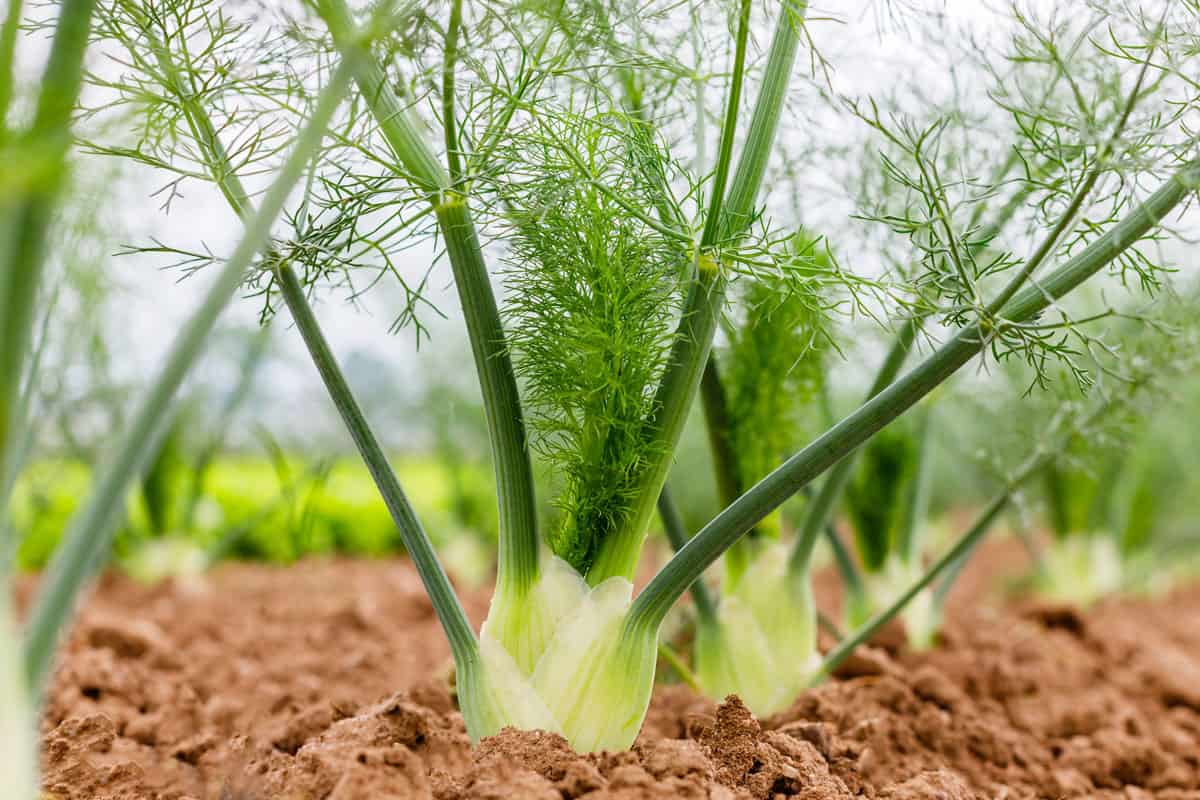
If you're looking into growing more plants for your home garden, try adding fennel to your list! It's a pretty easy-to-grow plant that you can grab from your spice rack, but you can also start growing them from kitchen scraps. Freshen up your cooking with freshly-picked fennel and enjoy the beautiful flavor it adds to your dishes.
Would you like to learn more about growing herbs and vegetables for your home garden? We have some great articles that might spark your interest!


